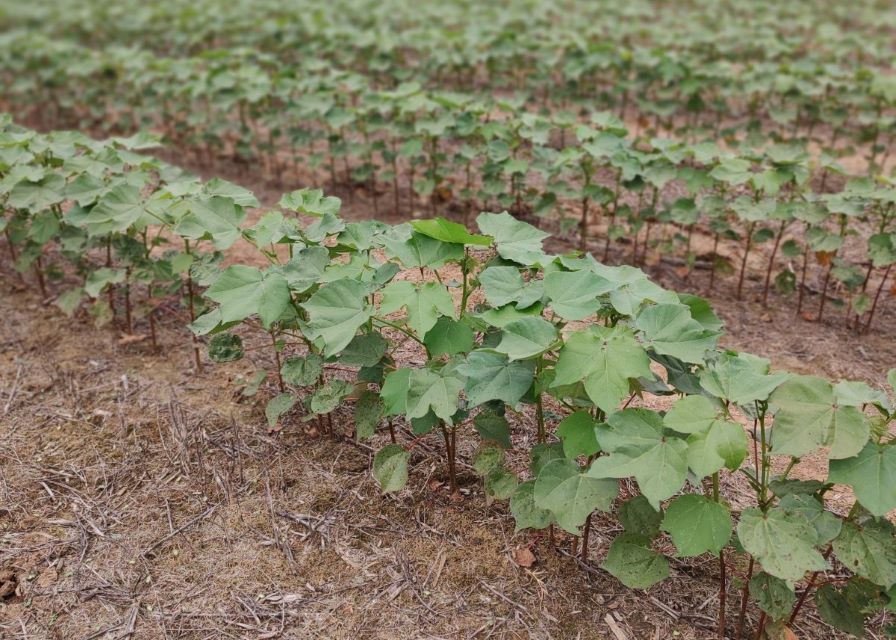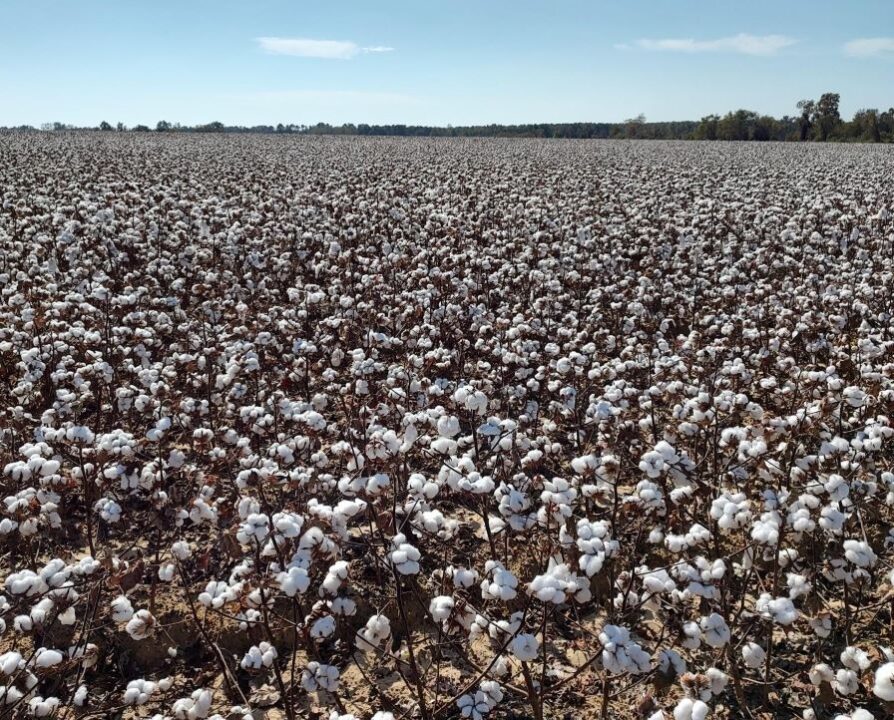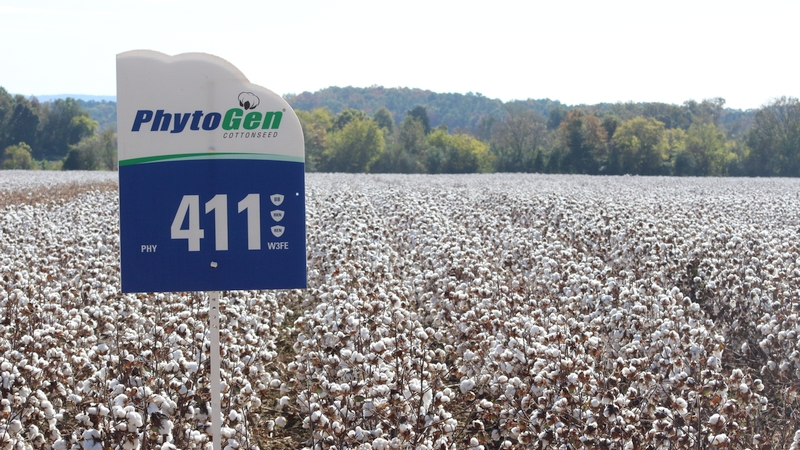2018 Ushers in the Era of the Auxins
From Cotton Grower Magazine 2018 Year in Review – December 2018
The 2018 season marked the true beginning of the era of auxin herbicide trait technology. Nine of the top 10 most-planted cotton varieties in the United States featured either XtendFlex trait technology or Enlist trait technology.
Deltapine, NexGen, PhytoGen and DynaGro were all represented in that list of top 10 varieties by market share. BASF representatives say their seed brands, Stoneville and FiberMax, could begin featuring XtendFlex trait technology as soon as the 2020 planting season – further evidence of a massive shift to the new auxin technologies in the ongoing fight against glyphosate-resistant weeds.
Since its arrival in Georgia in 2005, glyphosate resistant pigweed had been the primary on-farm challenge for countless growers across the Cotton Belt. For nearly a decade, the weed pest hamstrung cotton yields, eventually spreading onto acreage in every region of the Cotton Belt. Suddenly, with the arrival of dicamba-tolerant XtendFlex technology in 2016 and 2,4-D tolerant Enlist technology in early 2017, growers had serviceable options to combat the yield-robbing weeds.
“The value is that they are part of a system,” says Seth Byrd, Oklahoma State University Extension cotton specialist. “They give us a different option we can turn to, and that strengthens the whole system.
“As we move to different parts of our state, we have a lot of new cotton growers in Oklahoma. A lot of these folks aren’t as used to being reliant on tillage as they are in other parts of the country. So if we’re removing tools from the tool box, adding a dicamba or adding a 2,4-D helps.”
Like much of the Cotton Belt, Byrd says Oklahoma producers had an appetite for both systems – Enlist and XtendFlex – in 2018. In a state that has featured an abundance of wheat that utilized 2,4-D in the past, Oklahoma cotton producers are keen on the defense against drift that the Enlist trait offers them. Drift defense has been a big factor in the adoption of both systems across the Cotton Belt, according to Extension experts.
Of course, these two trait offerings aren’t the only ones American farmers are turning to. FiberMax, Stoneville and PhytoGen each had a variety rank in the top 15 of market share by acreage in 2018 that did not feature XtendFlex or Enlist traits.
It seems U.S. growers are eager for any trait option to fight weed and insect pests. In 2015 – the last production season that did not feature any XtendFlex of Enlist varieties – some 98.8% of American upland cotton acres were planted to transgenic varieties, according to USDA data.
Worm Turn
The next major development in trait technology appears to be a move towards three-gene worm trait packages. BASF brands Stoneville and FiberMax rolled out this yield-enhancing technology with their TwinLink Plus trait package, featuring three Bt proteins (Cry1Ab, Cry2Ae and Vip3Aa19) to improve insect resistance management. Similarly, Corteva’s WideStrike3 technology, found in PhytoGen varieties, offers three-gene protection against damaging pests and improved resistance management. Bayer’s Deltapine varieties that feature Bollgard 3 technology – similarly equipped to manage worm pests and thwart resistance – began to see greater commercial adoption in the 2018 season as well.
In Oklahoma, these three-gene insect traits take on special importance early in the year.
“For us, we have a shorter season environment,” says Byrd. “We may not have the pressure you see in other states, but it’s so important to protect our yields early, because we don’t have a long season to set bolls. So for us, a minor outbreak early on can cause us major problems, because we just don’t have a lot of margin for error.”









